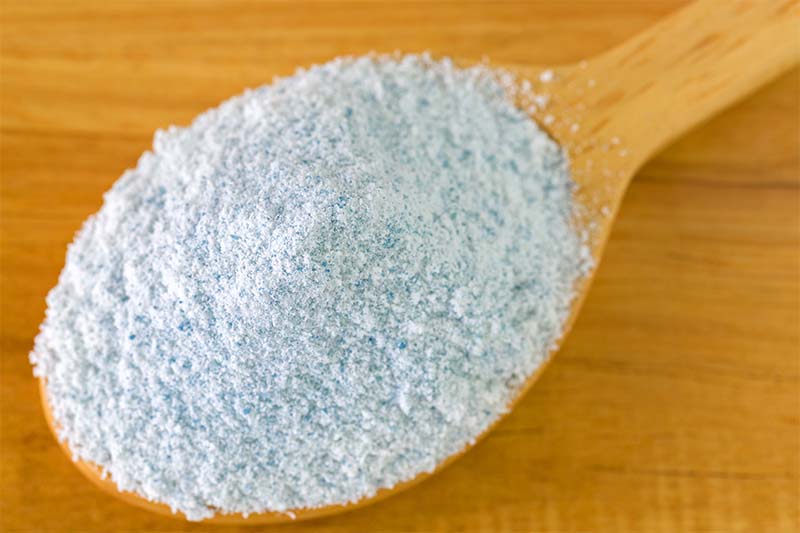Understanding Fructooligosaccharides: Benefits, Sources, and Applications
In the realm of nutrition and health, various types of carbohydrates play crucial roles in our diet. While much attention is given to sugars, starches, and dietary fibers, one category that is gaining prominence is fructooligosaccharides (FOS). These prebiotic fibers offer numerous health benefits, making them an important component of a balanced diet.

What Are Fructooligosaccharides?
Fructooligosaccharides (FOS”) are a type of oligosaccharide, specifically short-chain carbohydrates composed of fructose molecules linked together. They are naturally occurring in many plants and are known for their prebiotic properties. Unlike regular sugars, FOS are not fully digested by human enzymes in the stomach and small intestine. Instead, they reach the colon intact, where they serve as a food source for beneficial gut bacteria.
FOS are classified as prebiotics because they promote the growth of beneficial bacteria such as Bifidobacteria and Lactobacilli in the gut. These beneficial bacteria play a crucial role in maintaining a healthy digestive system and overall well-being.
Health Benefits of Fructooligosaccharides
1. Digestive Health
One of the primary benefits of FOS is their positive impact on digestive health. By serving as a food source for beneficial gut bacteria, FOS help to maintain a balanced gut microbiota. A healthy gut microbiota is essential for proper digestion, absorption of nutrients, and prevention of gastrointestinal disorders.
Studies have shown that regular consumption of FOS can alleviate symptoms of constipation, improve stool consistency, and enhance bowel movements. This is particularly beneficial for individuals suffering from irritable bowel syndrome (IBS) and other digestive disorders.
2. Immune System Support
A healthy gut microbiota is closely linked to a robust immune system. Beneficial bacteria in the gut play a significant role in the development and function of the immune system. By promoting the growth of these bacteria, FOS contribute to enhanced immune responses and protection against infections.
Research indicates that FOS can increase the production of short-chain fatty acids (SCFAs) such as butyrate, acetate, and propionate. These SCFAs have anti-inflammatory properties and help to maintain the integrity of the gut lining, preventing harmful pathogens from entering the bloodstream.
3. Weight Management
FOS may also aid in weight management and obesity prevention. They are low in calories and have a minimal impact on blood sugar levels, making them an excellent alternative to regular sugars. Additionally, FOS increase feelings of fullness and satiety, reducing overall calorie intake.
Some studies suggest that FOS can modulate the production of hunger-related hormones such as ghrelin and peptide YY. By regulating these hormones, FOS can help control appetite and prevent overeating, which is crucial for maintaining a healthy weight.
4. Bone Health
Emerging evidence indicates that FOS can enhance mineral absorption, particularly calcium and magnesium. These minerals are vital for maintaining strong and healthy bones. By improving mineral absorption, FOS may contribute to better bone density and reduce the risk of osteoporosis, especially in postmenopausal women.
Natural Sources of Fructooligosaccharides
Fructooligosaccharides are found naturally in various plant-based foods. Incorporating these foods into your diet can help you reap the benefits of FOS.
Some common natural sources of FOS include:
Chicory Root: Chicory root is one of the richest sources of FOS. It is often used as a natural sweetener and fiber supplement.
Jerusalem Artichoke: This root vegetable is another excellent source of FOS and can be enjoyed roasted, sautéed, or added to salads.
Garlic: Garlic is not only a flavorful addition to dishes but also a good source of FOS.
Onions: Onions, including shallots and leeks, contain significant amounts of FOS.
Asparagus: Asparagus is a nutritious vegetable that provides a good amount of FOS.
Bananas: Ripe bananas, particularly the less ripe ones, contain FOS along with other beneficial fibers.
Blue Agave: Blue agave syrup, commonly used as a natural sweetener, is rich in FOS.
In addition to these sources, FOS can also be found in smaller quantities in wheat, barley, and certain types of honey.
Applications of Fructooligosaccharides
Given their numerous health benefits, FOS have found applications in various industries, particularly in food and health products.
1. Functional Foods
FOS are increasingly used as ingredients in functional foods designed to promote health and well-being. They are added to yogurt, cereals, granola bars, and other snacks to enhance their nutritional profile. The prebiotic properties of FOS make these foods more beneficial for gut health.
2. Dietary Supplements
FOS are available as dietary supplements in powder or capsule form. These supplements are often marketed to individuals looking to improve their digestive health, boost their immune system, or support weight management efforts. They can be easily incorporated into smoothies, beverages, or sprinkled on food.
3. Infant Formula
FOS are sometimes added to infant formula to mimic the prebiotic effects of human breast milk. Breast milk naturally contains oligosaccharides that promote the growth of beneficial gut bacteria in infants. By adding FOS to formula, manufacturers aim to provide similar benefits to formula-fed babies.
4. Animal Feed
FOS are also used in animal feed to promote gut health and improve nutrient absorption in livestock. They are added to the diets of poultry, swine, and other animals to enhance their overall health and productivity.
5. Baking and Cooking
In baking and cooking, FOS can be used as a natural sweetener and fiber enhancer. They provide a mild sweetness without significantly impacting blood sugar levels. Additionally, FOS improve the texture and moisture retention of baked goods.
Safety and Considerations
While FOS offer numerous health benefits, it is important to consume them in moderation. Excessive intake of FOS can lead to digestive discomfort, including bloating, gas, and diarrhea. It is recommended to start with small amounts and gradually increase the intake to allow the digestive system to adapt.
Individuals with certain gastrointestinal conditions, such as small intestinal bacterial overgrowth (SIBO) or fructose malabsorption, should be cautious when consuming FOS. It is advisable to consult with a healthcare professional before incorporating FOS into the diet, especially if you have any preexisting health conditions.










